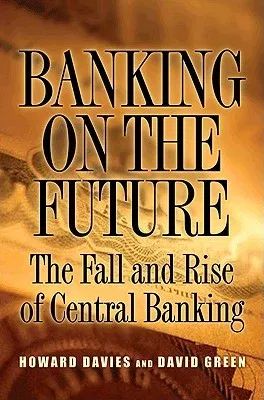An inside look at the role and future of central banking in the global
economy
The crash of 2008 revealed that the world's central banks had failed to
offset the financial imbalances that led to the crisis, and lacked the
tools to respond effectively. What lessons should central banks learn
from the experience, and how, in a global financial system, should
cooperation between them be enhanced? Banking on the Future provides a
fascinating insider's look into how central banks have evolved and why
they are critical to the functioning of market economies. The book asks
whether, in light of the recent economic fallout, the central banking
model needs radical reform.
Supported by interviews with leading central bankers from around the
world, and informed by the latest academic research, Banking on the
Future considers such current issues as the place of asset prices and
credit growth in anti-inflation policy, the appropriate role for central
banks in banking supervision, the ways in which central banks provide
liquidity to markets, the efficiency and cost-effectiveness of central
banks, the culture and individuals working in these institutions, as
well as the particular issues facing emerging markets and Islamic
finance. Howard Davies and David Green set out detailed policy
recommendations, including a reformulation of monetary policy, better
metrics for financial stability, closer links with regulators, and a
stronger emphasis on international cooperation.
Exploring a crucial sector of the global economic system, Banking on
the Future offers new ideas for restoring financial strength to the
foundations of central banking.

